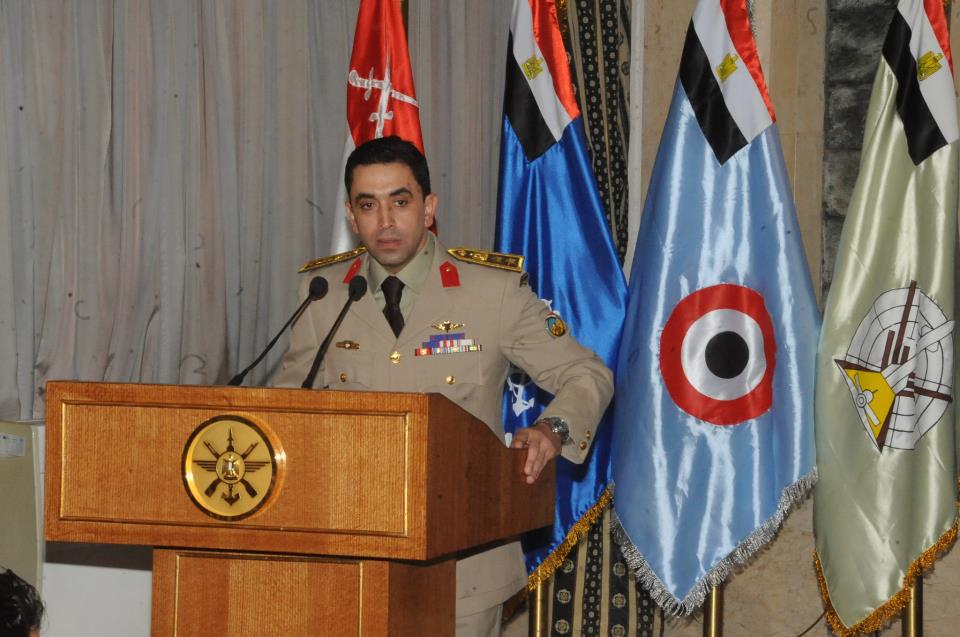President Abdel Fattah Al-Sisi suggested during the Jeddah Summit for Security and Development on Saturday a comprehensive approach that includes five axes to resolve priority issues and achieve the desired goals for a more prosperous region.
Al-Sisi’s participation in the Jeddah Summit comes out of Egypt’s keenness to develop the partnership between Arab countries and the US in a way that meets the aspirations and interests of current and future generations in the region and enhances joint efforts to confront regional and global challenges.
The president said that the first axis posits that moving towards the future depends on how political actors deal with the crises in the region — whether those that have occurred over the past decade or are ongoing.
This push can only be successful by reaching a comprehensive and final settlement of the first Arab issue, which is the Palestinian issue, on the basis of the two-state solution as per all references of international legitimacy to ensure the establishment of an independent Palestinian state.
He also affirmed the need to intensify efforts to not only push the peace process, but to reach a final and irreversible solution to be an impetus for peace efforts in the region.
For the second axis, he stressed on building societies from the inside on the foundations of the citizen, consecrating human rights, rejecting sectarian and extremist ideologies, and upholding the peace system as the guarantor of sustaining stability in its comprehensive sense, preserving peoples’ capabilities and preventing them from being robbed or misused.
The third axis is the affirmation that Arab national security is of the utmost importance, and that whatever capabilities Arab countries have in cooperation with their partners will provide the appropriate framework to address any dangers surrounding the Arab world.
He stressed that the principles of respect for the sovereignty of states, non-interference in internal affairs, fraternity, and equality are what govern inter-Arab relations, and they are the same as the ones stipulated in the Charter of the UN and its purposes, and they must govern the relations of Arab states with regional neighbors.
As for the fourth axis, he emphasised remaining vigilant in the fight against terrorism, calling for further efforts to ensure security within the Arab world’s borders.
Finally, the fifth axis focuses on the necessity of strengthening international cooperation and solidarity to raise the capabilities of the countries of the region in addressing major and emerging global crises, such as issues of food shortages, turmoil in energy markets, water security, and climate change in order to contain the consequences of these crises, recover from their effects, and increase investments in infrastructure development in various fields, which contributes to the development of industries, the various transfers of technology and knowledge, and the abundance of goods.
Additionally, he said Egypt supports every effort that would develop cooperation and diversify partnerships to confront the food and energy crises while emphasising that dealing with the food crisis requires taking into account its multiple dimensions in the short and long term to put in place effective steps to respond quickly to the needs of the affected countries through urgent support packages.
In terms of climate change, the president asserted that it is necessary to continue collective joint work in the international multilateral frameworks related to this important issue — foremost of which is the UN Framework Convention on Climate Change and the Paris Agreement — to ensure the achievement of the agreed goals in accordance with the accepted rules and principles.
Egypt-US Relations
Al-Sisi also met with his US counterpart Joe Biden on the side-lines of the Jeddah Summit for Security and Development in Saudi Arabia, with the Egyptian President stressing his country’s keenness to strengthen the distinguished partnership relations with the US.
This was the first meeting between the two leaders since Biden was sworn in as president in January 2021.
Furthermore, the Egyptian president highlighted the importance of the Cairo-Washington partnership in promoting peace and stability in the Middle East region, affirming Egypt’s aspiration for further coordination and consultation with the US on various issues of common interest.
Moreover, he reiterated Egypt’s firm position on supporting countries in crisis by strengthening their national institutions in order to end the suffering of their peoples and preserve their capabilities.
The meeting also tackled the latest developments pertaining to the Grand Ethiopian Renaissance Dam dispute, with Al-Sisi stressing Egypt’s firm stance on the necessity of reaching a legally binding agreement on the filling and operation of the dam in a manner that preserves its water security and achieves the common interests of the three involved countries — Egypt, Ethiopia, and Sudan.



